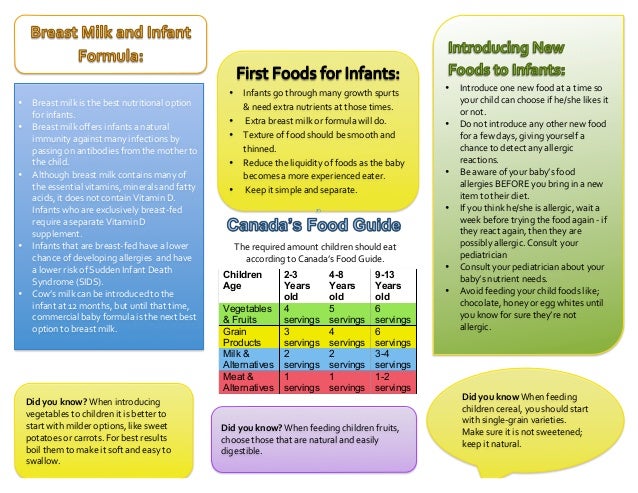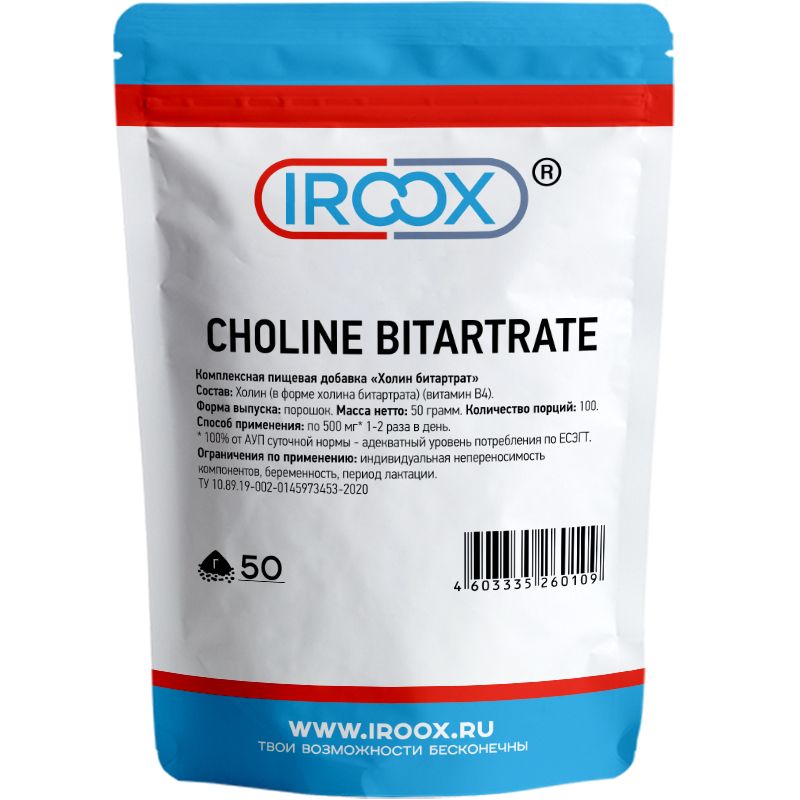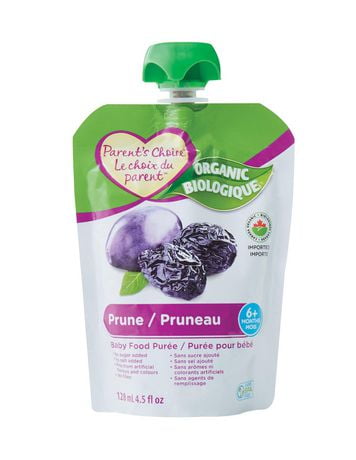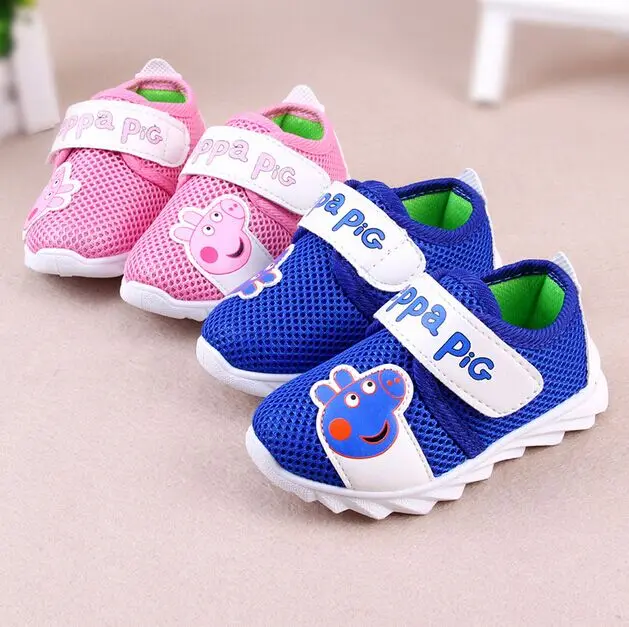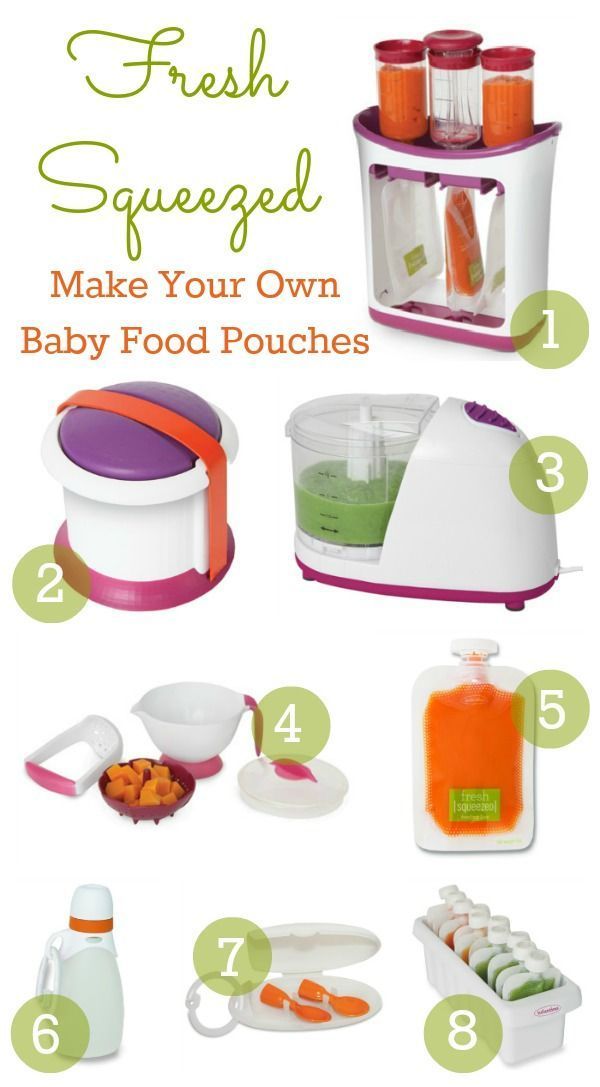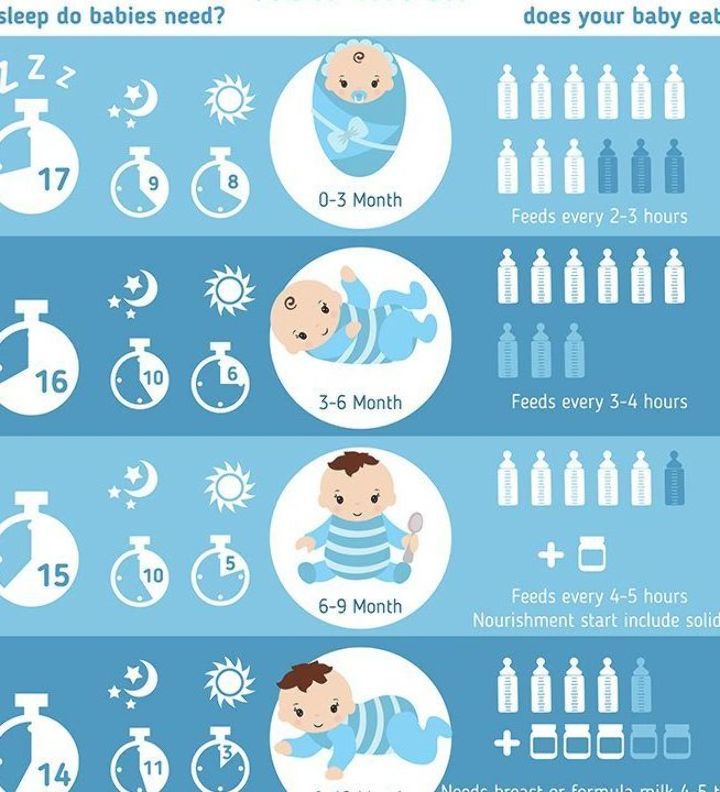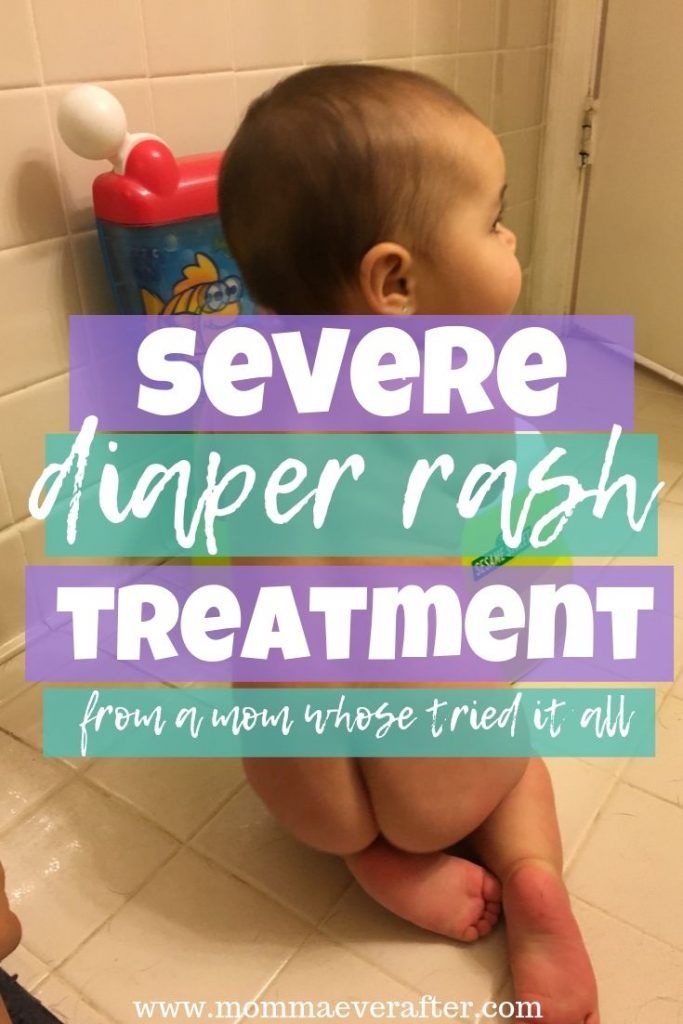Pros and cons of formula feeding baby
Breastfeeding vs. Formula Feeding (for Parents)
Choosing whether to breastfeed or formula feed their baby is one of the biggest decisions expectant and new parents will make.
Healt experts believe breast milk is the best nutritional choice for infants. But breastfeeding may not be possible for all women. For many, the decision to breastfeed or formula feed is based on their comfort level, lifestyle, and specific medical situations.
For moms who can't breastfeed or who decide not to, infant formula is a healthy alternative. Formula provides babies with the nutrients they need to grow and thrive.
Some mothers worry that if they don't breastfeed, they won't bond with their baby. But the truth is, loving mothers will always create a special bond with their children. And feeding — no matter how — is a great time to strengthen that bond.
The decision to breastfeed or formula feed your baby is a personal one. Weighing the pros and cons of each method can help you decide what is best for you and your baby.
All About Breastfeeding
Nursing can be a wonderful experience for both mother and baby. It provides ideal nourishment and a special bonding experience that many mothers cherish.
A number of health organizations — including the American Academy of Pediatrics (AAP), the American Medical Association (AMA), and the World Health Organization (WHO) — recommend breastfeeding as the best choice for babies. Breastfeeding helps defend against infections, prevent allergies, and protect against a number of chronic conditions.
The AAP recommends that babies be breastfed exclusively for the first 6 months. Beyond that, breastfeeding is encouraged until at least 12 months, and longer if both the mother and baby are willing.
Here are some of the many benefits of breastfeeding:
Fighting infections and other conditions. Breastfed babies have fewer infections and hospitalizations than formula-fed infants. During breastfeeding, antibodies and other germ-fighting factors pass from a mother to her baby and strengthen the immune system.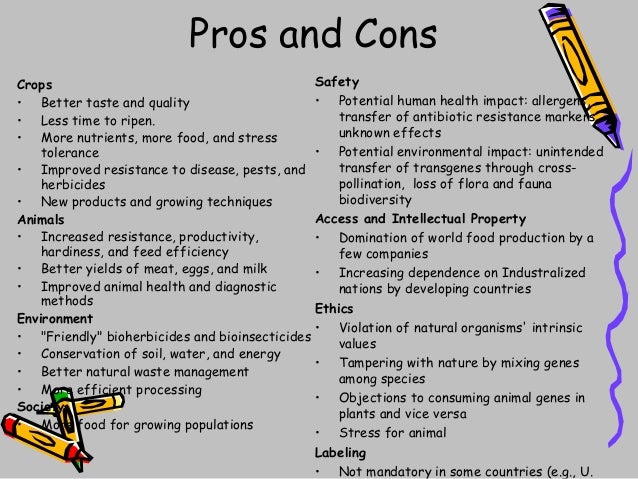 This helps lower a baby's chances of getting many infections, including:
This helps lower a baby's chances of getting many infections, including:
- ear infections
- diarrhea
- respiratory infections
- meningitis
Breastfeeding also may protect babies against:
- allergies
- asthma
- diabetes
- obesity
- sudden infant death syndrome (SIDS)
Breastfeeding is particularly beneficial for premature babies.
Nutrition and ease of digestion. Often called the "perfect food" for a human baby's digestive system, breast milk's components — lactose, protein (whey and casein), and fat — are easily digested by a newborn.
As a group, breastfed infants have less difficulty with digestion than do formula-fed infants. Breast milk tends to be more easily digested so that breastfed babies have fewer bouts of diarrhea or constipation.
Breast milk also naturally contains many of the vitamins and minerals that a newborn requires. One exception is vitamin D — the AAP recommends that all breastfed babies begin receiving vitamin D supplements during the first 2 months and continuing until a baby consumes enough vitamin D-fortified formula or milk (after 1 year of age).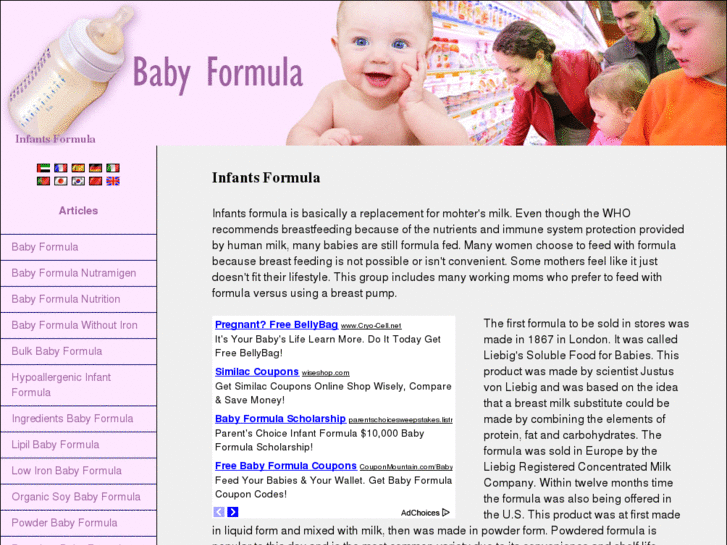
The U.S. Food and Drug Administration (FDA) regulates formula companies to ensure they provide all the necessary nutrients (including vitamin D) in their formulas. Still, commercial formulas can't completely match breast milk's exact composition. Why? Because milk is a living substance made by each mother for her individual infant, a process that can't be duplicated in a factory.
Free. Breast milk doesn't cost a cent, while the cost of formula quickly adds up. And unless you're pumping breast milk and giving it to your baby, there's no need for bottles, nipples, and other supplies that can be costly. Since breastfed babies are less likely to be sick, that may mean they make fewer trips to the doctor's office, so fewer co-pays and less money are paid for prescriptions and over-the-counter medicines.
Different tastes. Nursing mothers usually need 300 to 500 extra calories per day, which should come from a wide variety of well-balanced foods.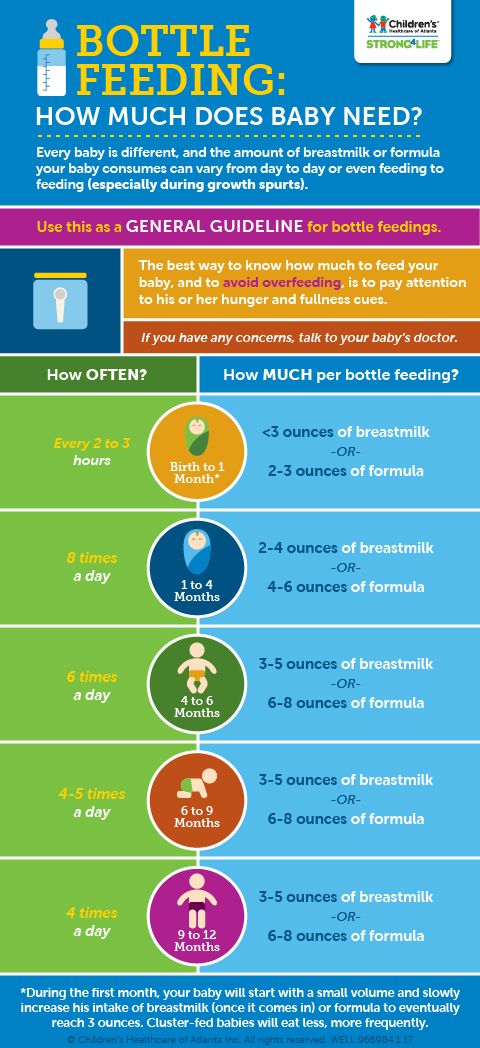 This introduces breastfed babies to different tastes through their mothers' breast milk, which has different flavors depending on what their mothers have eaten. By tasting the foods of their "culture," breastfed infants more easily accept solid foods.
This introduces breastfed babies to different tastes through their mothers' breast milk, which has different flavors depending on what their mothers have eaten. By tasting the foods of their "culture," breastfed infants more easily accept solid foods.
Convenience. With no last-minute runs to the store for more formula, breast milk is always fresh and available whether you're home or out and about. And when women breastfeed, there's no need to wash bottles and nipples or warm up bottles in the middle of the night.
Smarter babies. Some studies suggest that children who were exclusively breastfed have slightly higher IQs than children who were formula fed.
"Skin-to-skin" contact. Many nursing mothers really enjoy the experience of bonding so closely with their babies. And the skin-to-skin contact can enhance the emotional connection between mother and infant.
Beneficial for mom, too. The ability to totally nourish a baby can help a new mother feel confident in her ability to care for her baby.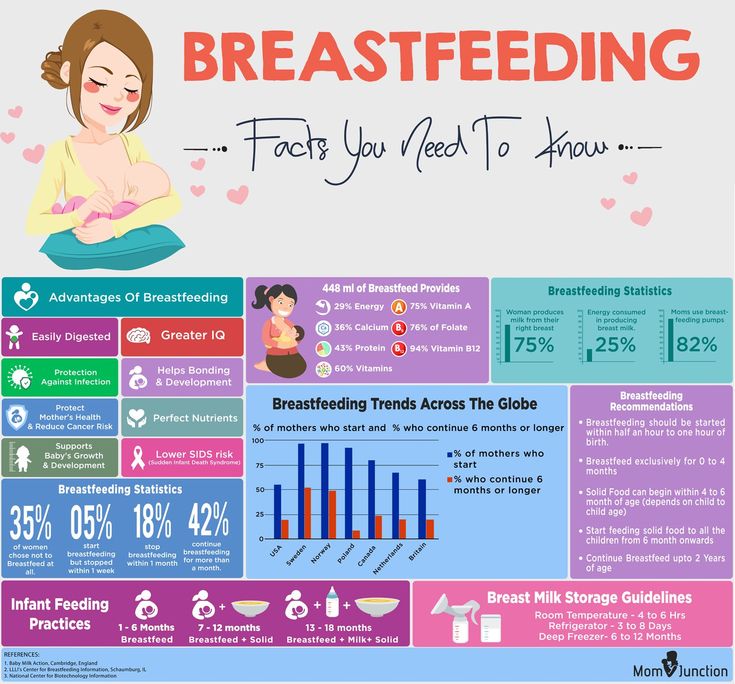 Breastfeeding also burns calories and helps shrink the uterus, so nursing moms may be able to return to their pre-pregnancy shape and weight quicker. Also, studies show that breastfeeding helps lower the risk of breast cancer, high blood pressure, diabetes, and cardiovascular disease, and also may help decrease the risk of uterine and ovarian cancer.
Breastfeeding also burns calories and helps shrink the uterus, so nursing moms may be able to return to their pre-pregnancy shape and weight quicker. Also, studies show that breastfeeding helps lower the risk of breast cancer, high blood pressure, diabetes, and cardiovascular disease, and also may help decrease the risk of uterine and ovarian cancer.
p
Breastfeeding Challenges
Breastfeeding can be easy from the get-go for some mothers, but take a while to get used to for others. Moms and babies need plenty of patience to get used to the routine of breastfeeding.
Common concerns of new moms, especially during the first few weeks and months, may include:
Personal comfort. Initially, many moms feel uncomfortable with breastfeeding. But with proper education, support, and practice, most moms overcome this.
Latch-on pain is normal for the first week to 10 days, and should last less than a minute with each feeding. But if breastfeeding hurts throughout feedings, or if their nipples and/or breasts are sore, it's a good idea for breastfeeding mothers to get help from a lactation consultant or their doctor.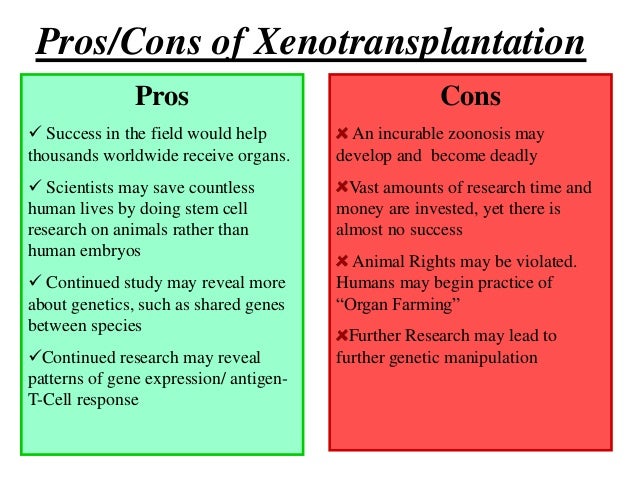 Many times, it's just a matter of using the proper technique, but sometimes pain can mean that something else is going on, like an infection.
Many times, it's just a matter of using the proper technique, but sometimes pain can mean that something else is going on, like an infection.
Time and frequency of feedings. Breastfeeding requires a big time commitment from mothers, especially in the beginning, when babies feed often. A breastfeeding schedule or the need to pump breast milk during the day can make it harder for some moms to work, run errands, or travel.
And breastfed babies do need to eat more often than babies who take formula, because breast milk digests faster than formula. This means mom may find herself in demand every 2 or 3 hours (maybe more, maybe less) in the first few weeks.
Diet. Women who are breastfeeding need to be aware of what they eat and drink, since these can be passed to the baby through the breast milk. Just like during pregnancy, breastfeeding women should not eat fish that are high in mercury and should limit consumption of lower mercury fish.
If a mom drinks alcohol, a small amount can pass to the baby through breast milk.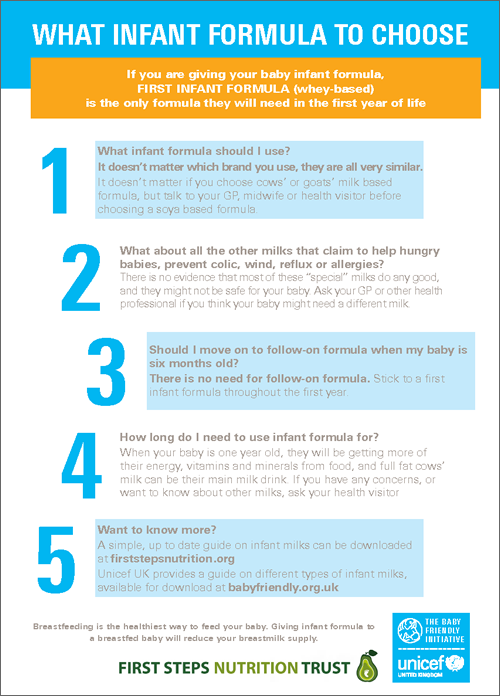 She should wait at least 2 hours after a single alcoholic drink to breastfeed to avoid passing any alcohol to the baby. Caffeine intake should be kept to no more than 300 milligrams (about one to three cups of regular coffee) or less per day because it can cause problems like restlessness and irritability in some babies.
She should wait at least 2 hours after a single alcoholic drink to breastfeed to avoid passing any alcohol to the baby. Caffeine intake should be kept to no more than 300 milligrams (about one to three cups of regular coffee) or less per day because it can cause problems like restlessness and irritability in some babies.
Maternal medical conditions, medicines, and breast surgery. Medical conditions such as HIV or AIDS or those that involve chemotherapy or treatment with certain medicines can make breastfeeding unsafe. A woman should check with her doctor or a lactation consultant if she's unsure if she should breastfeed with a specific condition. Women should always check with the doctor about the safety of taking medicines while breastfeeding, including over-the-counter and herbal medicines.
Mothers who've had breast surgery, such as a reduction, may have difficulty with their milk supply if their milk ducts have been severed. In this situation, a woman should to talk to her doctor about her concerns and work with a lactation specialist.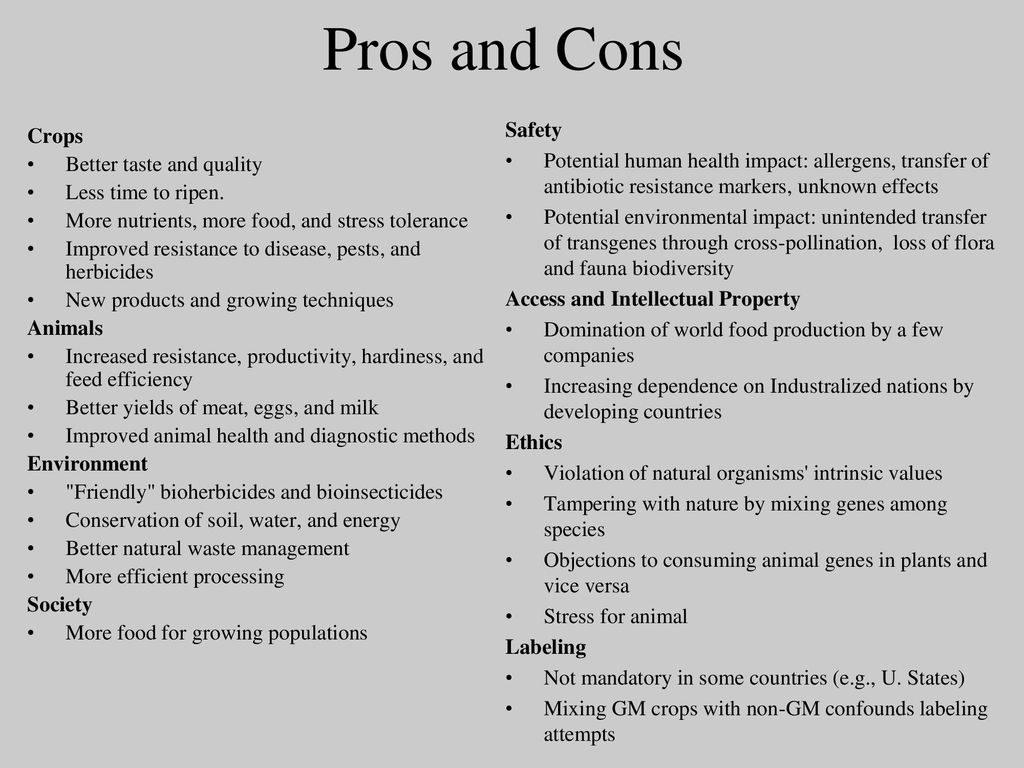
p
All About Formula Feeding
Commercially prepared infant formulas are a nutritious alternative to breast milk, and even contain some vitamins and nutrients that breastfed babies need to get from supplements.
Manufactured under sterile conditions, commercial formulas attempt to duplicate mother's milk using a complex combination of proteins, sugars, fats, and vitamins that aren't possible to create at home. So if you don't breastfeed your baby, it's important to use only commercially prepared formula and not try to make your own.
Besides medical concerns that may prevent breastfeeding, for some women, breastfeeding may be too difficult or stressful. Here are other reasons women may choose to formula feed:
Convenience. Either parent (or another caregiver) can feed the baby a bottle at any time (although this is also true for women who pump their breast milk). This allows mom to share the feeding duties and helps her partner to feel more involved in the crucial feeding process and the bonding that often comes with it.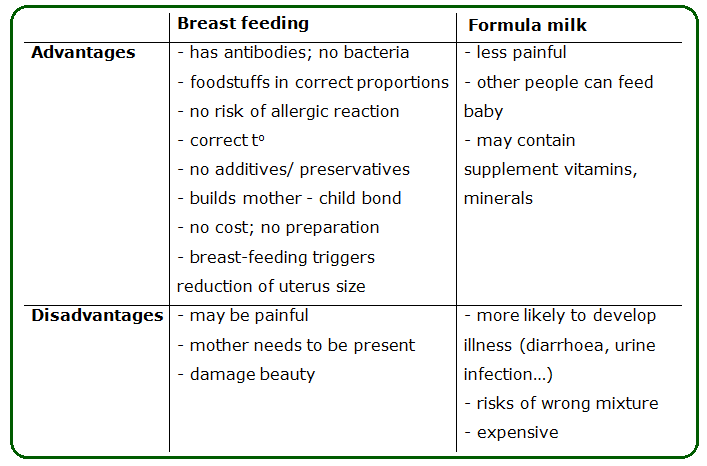
Flexibility. Once the bottles are made, a formula-feeding mother can leave her baby with a partner or caregiver and know that her little one's feedings are taken care of. There's no need to pump or to schedule work or other obligations and activities around the baby's feeding schedule. And formula-feeding moms don't need to find a private place to nurse in public.
Time and frequency of feedings. Because formula is less digestible than breast milk, formula-fed babies usually need to eat less often than breastfed babies.
Diet. Women who opt to formula feed don't have to worry about the things they eat or drink that could affect their babies.
page 7
Formula Feeding Challenges
As with breastfeeding, there are some challenges to consider when deciding whether to formula feed.
Lack of antibodies. None of the antibodies found in breast milk are in manufactured formula. So formula can't provide a baby with the added protection against infection and illness that breast milk does.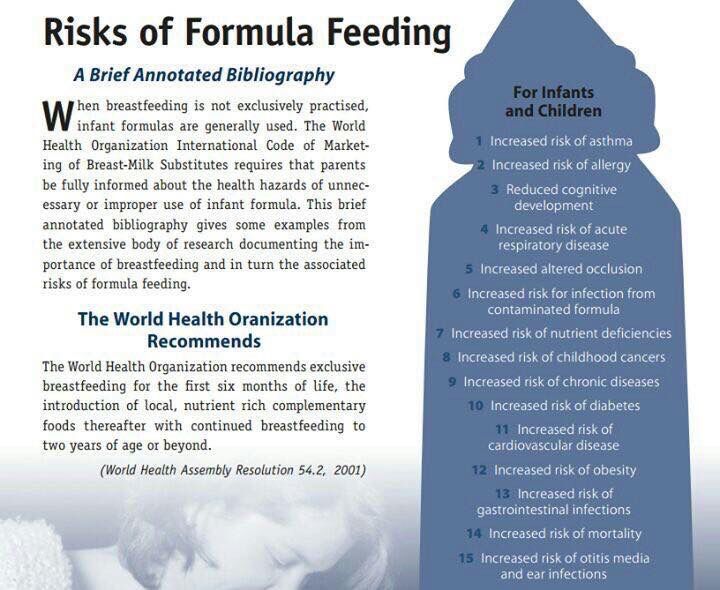
Can't match the complexity of breast milk. Manufactured formulas have yet to duplicate the complexity of breast milk, which changes as the baby's needs change.
Planning and organization. Unlike breast milk — which is always available, unlimited, and served at the right temperature — formula feeding your baby requires planning and organization to make sure that you have what you need when you need it. Parents must buy formula and make sure it's always on hand to avoid late-night runs to the store.
And it's important to always have the necessary supplies (like bottles and nipples) clean, easily accessible, and ready to go — otherwise, you will have a very hungry, very fussy baby to answer to. With 8-10 feedings in a 24-hour period, parents can quickly get overwhelmed if they're not prepared and organized.
Expense. Formula can be costly. Powdered formula is the least expensive, followed by concentrated, with ready-to-feed being the most expensive.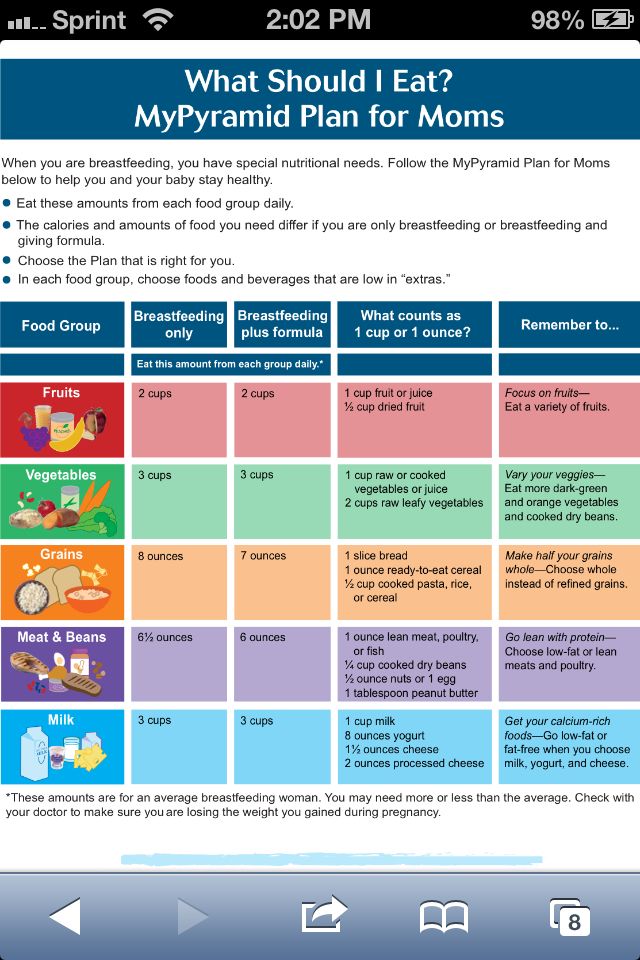 And specialty formulas (such as soy and hypoallergenic) cost more — sometimes far more — than the basic formulas. During the first year of life, the cost of basic formula can run about $1,500.
And specialty formulas (such as soy and hypoallergenic) cost more — sometimes far more — than the basic formulas. During the first year of life, the cost of basic formula can run about $1,500.
Possibility of producing gas and constipation. Formula-fed babies may have more gas and firmer bowel movements than breastfed babies.
Making a Choice
Deciding how you will feed your baby can be a hard decision. You'll really only know the right choice for your family when your baby comes.
Many women decide on one method before the birth and then change their minds after their baby is born. And many women decide to breastfeed and supplement with formula because they find that is the best choice for their family and their lifestyle.
While you're weighing the pros and cons, talk to your doctor or lactation consultant. These health care providers can give you more information about your options and help you make the best decision for your family.
The Pros and Cons of Formula Feeding
Are you stuck trying to figure out whether or not you would like to bottle-feed or breastfeed your baby? Read more to learn about all of the pros and cons to consider when choosing how you will feed your little one.

Choosing whether to bottle-feed or breastfeed your baby can feel like one of the biggest decisions you will make when your baby is first born. The choice on how you will feed your baby is extremely personal and you should do whatever you think is best for both you and the baby.
Parents who choose to bottle-feed their baby, rather than breastfeed, often report feeling judged or shamed by other parents for their decision to use formula. There are multiple ways to feed a baby and various reasons as to why a parent may choose to bottle-feed over breastfeed. Keep in mind that some parents are unable to breastfeed due to health complications, milk production levels, or adoption. Or, it may have been decided that using formula is just a better option for their family overall. At the end of the day, there is no right or wrong choice to be made - only the best choice for what works for you.
Science suggests that the gap between formula feeding and breastfeeding is not as wide as many people are led to believe.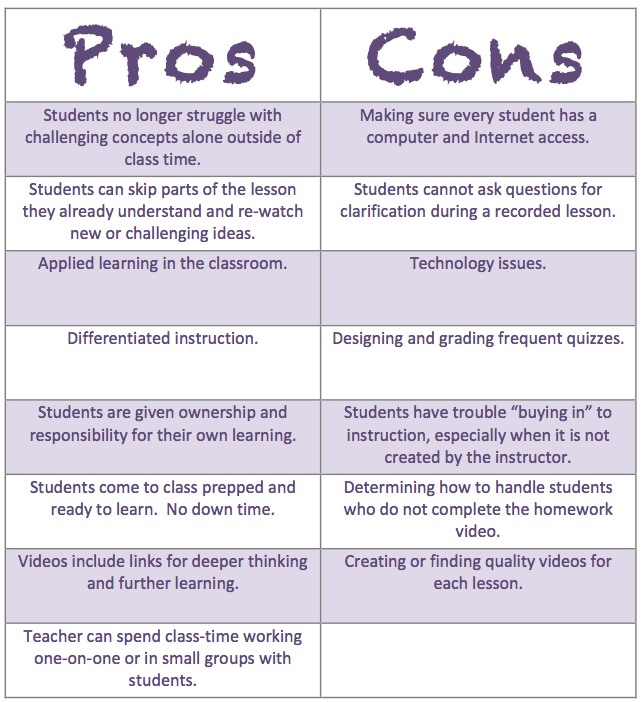 There are only a handful of additional health benefits that are shared with your baby if you do choose to breastfeed which we will share below.
There are only a handful of additional health benefits that are shared with your baby if you do choose to breastfeed which we will share below.
If you are considering bottle-feeding your baby with formula, here is a list of pros and cons to consider before your little one arrives.
Formula Feeding: Pros and Cons To Consider
Pro: You Can Buy Your Own Supply
Formula is available at the grocery store, baby stores, and online so it is easily accessible, no matter where you go. This can be helpful in times where your plans change last-minute and you did not pack enough formula to feed your little one while you are out. Also, some breastfeeding moms may experience difficulty producing enough milk for their baby and will end up spending hours trying to feed and pump. If you are using formula, you will never have to worry about needing to stay up late into the night trying to pump enough for the next day, or have to try switching up your diet to help increase your milk production levels.
Unfortunately, buying formula can be expensive and add up rather quickly. Since your baby will most likely be using formula for at least their first year of life, you should expect to spend a lot on formula. If your baby needs a speciality formula due to an allergy or food intolerance, this can increase the average cost per year. It has been reported that most parents spend anywhere from $1,200 to $1,500 in the first year on buying formula.
Most parents spend anywhere from $1,200 to $1,500 in the first year on buying formula.
Pro: You Can Share Feeding Responsibilities with Your Partner, Family Member, etc.
By deciding to bottle-feed your baby using formula, the opportunity for your partner, a family member, or friend to help feed the baby is more available than with breastfeeding. Formula can be made by anyone or prepared in advance so that you can easily receive additional support feeding your baby when it is needed.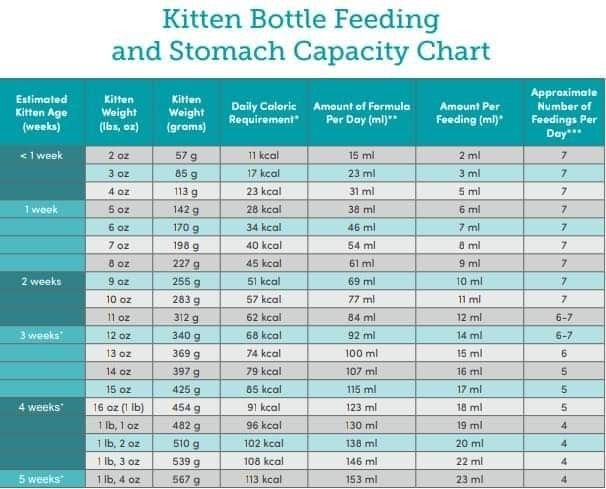 By choosing to breastfeed, the mom is the only person who is able to share the special bonding moment that is associated with feeding your baby. When using formula, your partner, or other supportive individuals, are able to also have this moment of connection with the baby.
By choosing to breastfeed, the mom is the only person who is able to share the special bonding moment that is associated with feeding your baby. When using formula, your partner, or other supportive individuals, are able to also have this moment of connection with the baby.
As we mentioned earlier, parents who have chosen to bottle-feed their baby rather than breastfeed, have reported feeling judged or shamed for making this decision. Keep in mind that both formula and breast milk are great, nutrient-dense options for your baby and with both options, your baby will be healthy. At the end of the day, what matters most is making a decision that feels right for you and your family.
Pro: You Have Your Body Fully BackAfter over nine, strenuous months of pregnancy - avoiding all of your favorite foods, a nice glass of wine to rewind, and your morning coffee - it is nice to finally have your body back fully to yourself.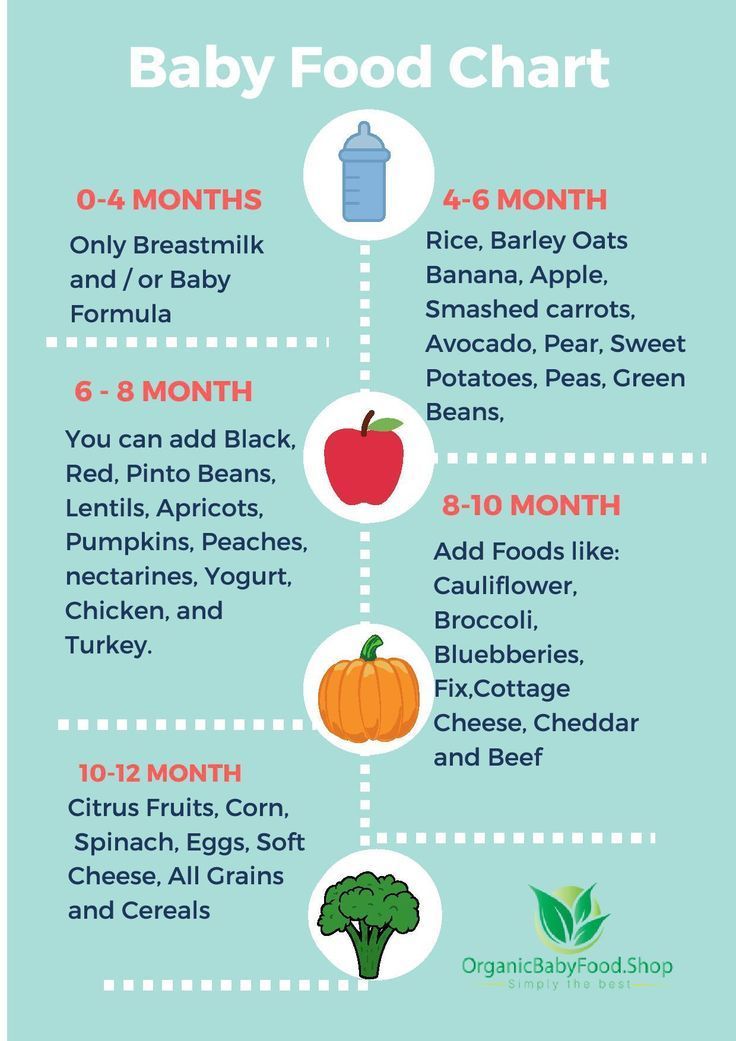 If you are not breastfeeding, you can start to eat and drink all of your favorite treats again without needing to worry about how it may have an affect on your breast milk.
If you are not breastfeeding, you can start to eat and drink all of your favorite treats again without needing to worry about how it may have an affect on your breast milk.
The vitamins and nutrients that are added into formula are practically identical to what is found in breast milk. However, breast milk and breastfeeding does offer a few health benefits to both you and your baby that formula cannot. Breastfed babies typically have fewer infections and hospitalizations due to health-related concerns than formula-fed babies. This is because when breastfeeding, the mom is able to share her antibodies with her baby that will help to strengthen the immune system. This can help lower the baby’s chances of ear infections, diabetes, allergies, asthma, and more. The act of breastfeeding also has health benefits for the mom. Breastfeeding has been shown to lower the risk of breast cancer, high blood pressure, diabetes, and cardiovascular disease.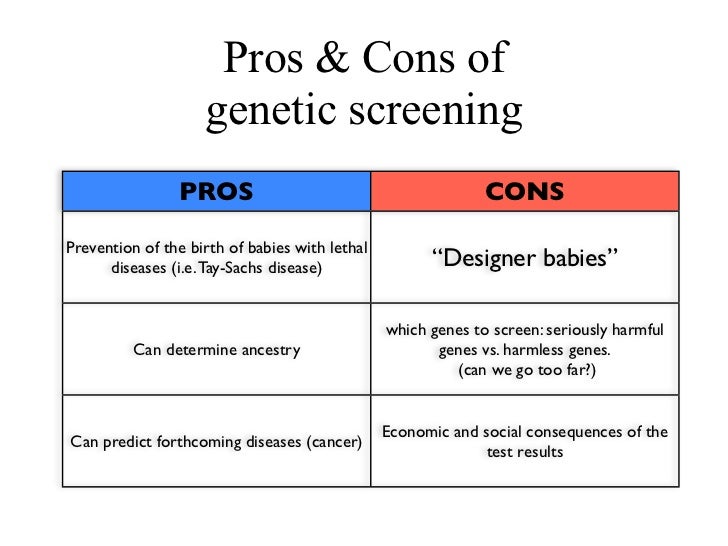
Pro: No Discomfort, Leaking, or Sensitivity for You
By choosing to feed with formula, you will not have to deal with extra months of breast sensitivity, leaking, and discomfort that comes with the act of pumping and breastfeeding. A great benefit of not breastfeeding is that you will finally have your body fully back and can start to really feel like yourself again.
Con: More Time Spent Cleaning and Washing DishesPreparing and mixing formulas can be a little tricky to master as you have to make sure it's the right ratio, consistency, and temperature. And with your new, busy schedule who has time for more dishes and cleaning. However, unfortunately, with using formula you will spend more time cleaning and washing out bottles than you would if you were to breastfeed.
Learn more about formula feeding from Board Certified Pediatrician Dr. Caitlin Colvard:
Pro: More Freedom Available in Your Schedule
Since formula is easy to transport, can be prepared by anyone, and available at various grocery stores and pharmacies, your schedule does not have to revolve around the baby as much as it would with breastfeeding. Using formula will allow for you to have a much more flexible schedule since you will not have to plan to pump ahead of time or schedule around your routine feeding sessions. Bottle-feeding will make it much easier for you to adapt to last-minute schedule changes without worrying too much about how you will feed your baby.
Con: Formula Smells BadYes, it is a known fact that formula does have a rather unique and unappealing smell to it. While your baby will not notice this at all and most likely love the taste of formula, you will be stuck handling the bad smell of it.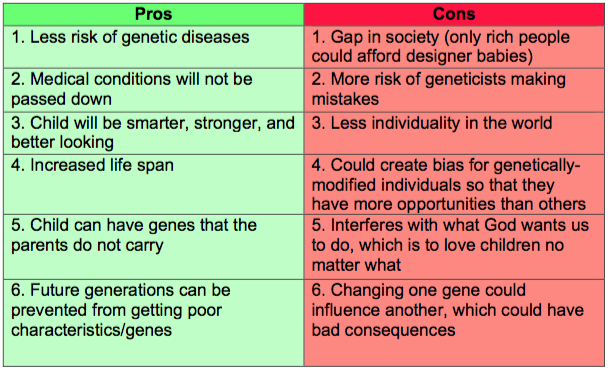
Formula gives you the comfort and knowledge of knowing exactly how much your baby is eating on a daily basis. With breastfeeding, moms are unable to tell how much their baby is actually eating per session. With formula, you will be able to monitor and track exactly how much your baby finishes. Since breast milk is dynamic by nature, the nutritional value can vary person-to-person. But with formula, you will have the insight as to how much food, vitamins, and minerals your little one is getting in.
Formula gives you the comfort and knowledge of knowing exactly how much your baby is eating.
Con: More Time Spent Planning and Packing Before Leaving the House
Before you head out, and especially if you plan to be gone all day, you will likely have a longer checklist of things to remember to bring with you if you are using formula.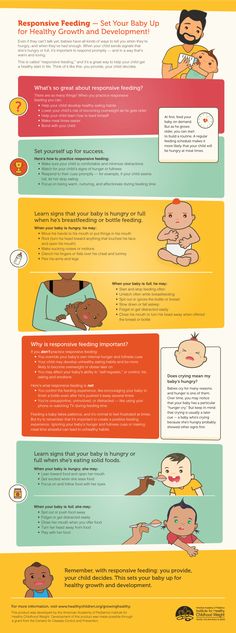 Breastfeeding does not require as many things (like bottles and the formula mix itself,) whereas with bottle-feeding, there are quite a few things you will have to remember to pack with you. We recommend creating a checklist on your phone of everything you need to remember to put in your diaper bag. This way, you can scan through the list before you head out the door and make sure you have everything you need for the day.
Breastfeeding does not require as many things (like bottles and the formula mix itself,) whereas with bottle-feeding, there are quite a few things you will have to remember to pack with you. We recommend creating a checklist on your phone of everything you need to remember to put in your diaper bag. This way, you can scan through the list before you head out the door and make sure you have everything you need for the day.
Formula usually takes longer than breast milk to fully break down and be digested by your baby. This means that your baby will end up feeling fuller, for longer. For you, this means less time feeding and more time checking off everything else you have to get done throughout the day.
Con: Formula Can Be Harder For Babies to DigestNaturally, breast milk is typically easier for babies to digest in comparison to formula. Formula can sometimes cause upset stomachs, gas, or diarrhea. However, this is not the case for every baby and most formulas will work just as well for your baby. If you do notice that the regular formula is causing digestive issues, try switching to a speciality formula and monitor your baby’s symptoms. You may find that the speciality formula causes less problems for your little one.
The most important benefit of formula feeding is that ultimately, using formula will leave your baby just as nourished and healthy as a baby that is breastfeeding. You should trust your intuition and do what you think is right for your baby.
--------------------------------
All health-related content on this website is for informational purposes only and does not create a doctor-patient relationship. Always seek the advice of your own pediatrician in connection with any questions regarding your baby’s health.
These statements have not been evaluated by the Food and Drug Administration. Products are not intended to diagnose, treat, cure or prevent any disease.
See the FDA Peanut Allergy Qualified Health Claim at the bottom of our homepage.
Breastfeeding and artificial feeding: pros and cons
Society
Maternity benefit is calculated based on the salary and paid at the place of work. / Photo: Pavel Golovkin
All children from birth to a certain age are called breastfeeding, but in fact, not all of them are fed with breast milk. Many are bottle fed and are healthy, cheerful, and doing great. nine0005
The heated debate about which is better: breastfeeding or artificial feeding has been going on since formula milk, a quality substitute for breast milk, appeared on the market.
So what is really better? With this question, "VM" turned to the allergist-immunologist, pediatrician Alexei Bessmertny. We asked an expert to name five pluses and five minuses of each way of feeding a child.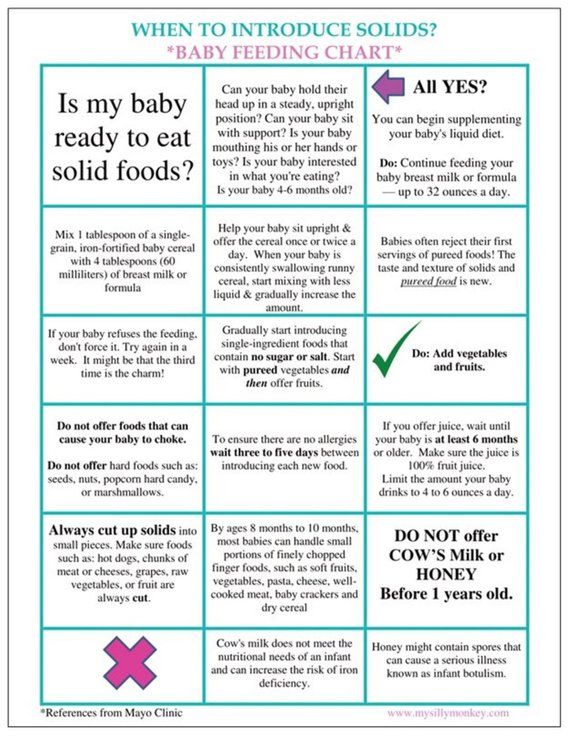
So, the advantages of breastfeeding:
1. Breast milk is the most natural, most beneficial of all options for breastfeeding; nine0005
2. Breast milk - the most balanced nutrition in terms of the content of proteins, fats, carbohydrates and microelements;
3. The process of breastfeeding has a positive psychological effect on both the child and the mother herself;
4. You don't have to pay for breast milk;
5. Breast milk offers potential protection against infections. True, this is an unproven statement /
Cons of breastfeeding:
There are none
Pluses of artificial feeding:
1. The possibility of therapeutic nutrition for certain diseases of the child. For example, with milk intolerance, with allergies;
2. Possibility of changing the calorie intake for preterm small babies;
3. Gives mothers the opportunity to go to work if necessary due to any social problems;
4. The possibility of replacing breast milk due to the fact that the mother is ill with something, drinks medicines that can pass into breast milk; nine0005
5.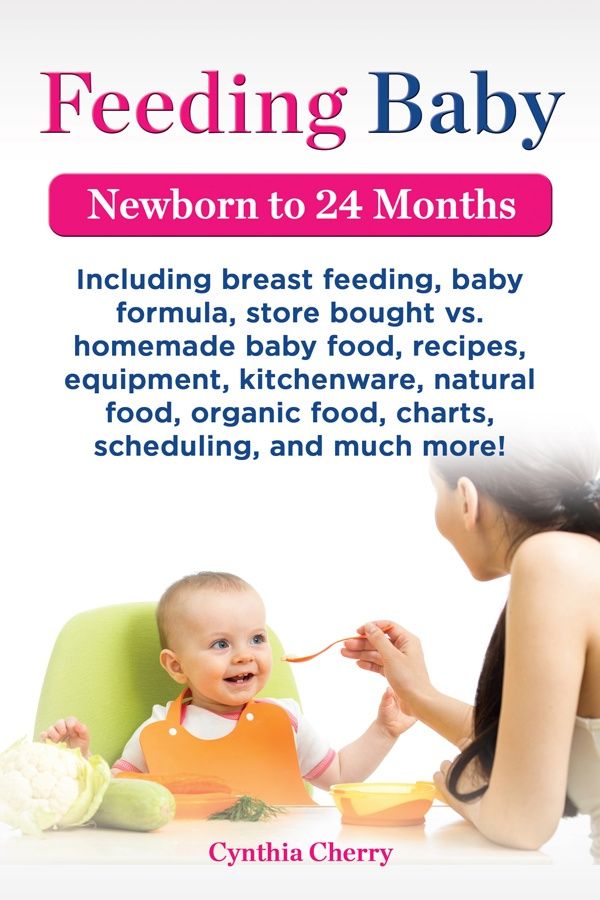 Opportunity to breastfeed a child without a mother/
Opportunity to breastfeed a child without a mother/
Disadvantages of artificial feeding:
1. A child may have an intolerance to cow's milk protein. At the same time, he cannot be fed with an ordinary mixture, only a medicinal one;
2. Formula is not a complete replacement for breast milk. Their formula is as close as possible in composition to breast milk, but not ideal;
3. Cost of mixtures. There are both cheap and expensive mixtures. Unfortunately, the cheaper the formula, the worse its quality, because formulas that are as close as possible in composition to breast milk are more expensive; nine0005
4. Due to the availability of various mixtures on the market - high-quality breast milk substitutes - mothers refuse to breastfeed for reasons of maintaining their figure, for example. At the same time, doctors still recommend breastfeeding the baby if possible;
5. The popularity of non-standard formulas made from soy protein or goat milk, Which should be used as medicinal, but are currently being promoted as conventional. This is not good for the child's intestines and for its development in general. nine0005
This is not good for the child's intestines and for its development in general. nine0005
You can often hear "horror stories" that artificial children get sick more often, that they have worse immunity.
- If we are talking about comparing breastfed and formula-fed children, there are no global differences between them. Nothing has been proven that with breast milk, children receive some other, better immunity. Of course, breastfeeding is the most natural type of feeding a child, but if parents are forced to switch him to formula, there is nothing to worry about, the pediatrician emphasized. nine0005
READ ALSO
In May, capital hospitals invite citizens to free lectures and examinations
Young people are urged to take a conscious approach to creating a family
Freedom and more: what are the advantages of artificial feeding - Parents.ru
Baby
Western Europe in the 60s and 70s, 70% of women switched to artificial feeding.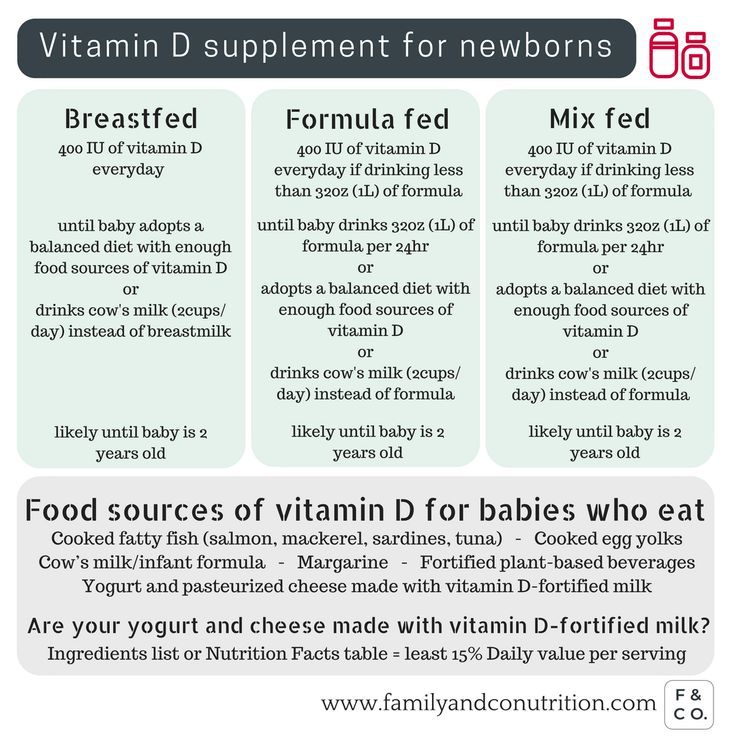 It has become a symbol of freedom: you can work, get financial independence. A real social revolution is evident. Of course, when breastfeeding for the first 3-4 months, you literally can’t move away from the baby. It is necessary to monitor your diet and beware of any infections and negative emotions. In other words, to do only feeding and practically nothing else. nine0075 And yet there is nothing better for a newborn than breast milk. An axiom that does not require proof. But, on the other hand, many have their own arguments. Work, older children who have no one to delegate even for a couple of hours, a small amount of milk, frequent colds, and even just psychological discomfort that occurs during feeding. Many of these problems are solvable, of course. But artificial feeding is also a great option. And the problems associated with it are mostly exaggerated. The advantages of artificial feeding are as follows:
It has become a symbol of freedom: you can work, get financial independence. A real social revolution is evident. Of course, when breastfeeding for the first 3-4 months, you literally can’t move away from the baby. It is necessary to monitor your diet and beware of any infections and negative emotions. In other words, to do only feeding and practically nothing else. nine0075 And yet there is nothing better for a newborn than breast milk. An axiom that does not require proof. But, on the other hand, many have their own arguments. Work, older children who have no one to delegate even for a couple of hours, a small amount of milk, frequent colds, and even just psychological discomfort that occurs during feeding. Many of these problems are solvable, of course. But artificial feeding is also a great option. And the problems associated with it are mostly exaggerated. The advantages of artificial feeding are as follows:
-
Your baby's immunity will not be affected. The preventive effect of mother's milk against some infectious diseases (such as diarrhea, pneumonia, respiratory diseases, otitis media) certainly exists .
 .. For others (allergies, autoimmune diseases), its effect is debatable. In fact, many other non-nutrition related causes affect a child's immune system, either related to the mother (age, upbringing, socioeconomic status) or to the child itself (birth weight, mother's age at birth, child count). in family). nine0005
.. For others (allergies, autoimmune diseases), its effect is debatable. In fact, many other non-nutrition related causes affect a child's immune system, either related to the mother (age, upbringing, socioeconomic status) or to the child itself (birth weight, mother's age at birth, child count). in family). nine0005 -
All children have digestive problems and allergies. A problem that can arise in "artificial" babies is intolerance to cow's milk protein. But even here there are alternatives: mixtures based on goat or soy milk. And among children who eat their mother's milk, there are also a lot of allergy sufferers now. As for colic: when bottle-feeding, the baby, of course, swallows more air than when breast-feeding. But breastfed babies also suffer from colic. And their causes have not yet been studied: the immaturity of the digestive system, poor regulation of sleep or oxygen intake ... And the digestive problems of a breastfed baby are highly dependent on the mother's diet.
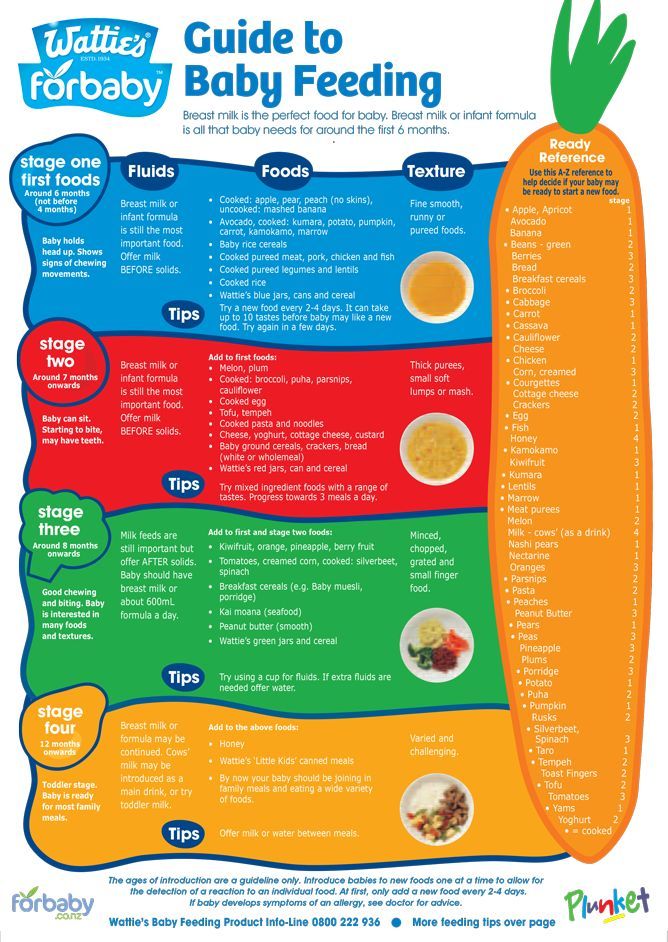 nine0005
nine0005
The right to choose
According to the regular study TGI Baby, conducted by the research company KOMKON, a third of Moscow mothers breastfeed only when feeding a child up to a year (31% do not feed substitutes), RBC reports. Market Research". 19% of mothers use only breast milk substitutes. Mixed feeding (both substitutes and breastfeeding) is typical for half of mothers (50%). On average, mothers stop breastfeeding their babies at 6 months of age. According to the WHO (World Health Organization), at 9In 4 countries of the world, only 39% of children are fully breastfed until the age of six months.
- Photo
- Ariel Skelley/Getty Images/Digital Vision
-
Bottle feeding makes it easier to develop a routine. Artificial milk is less digestible than mother's milk, so a certain number of bottles and formula per day is recommended.
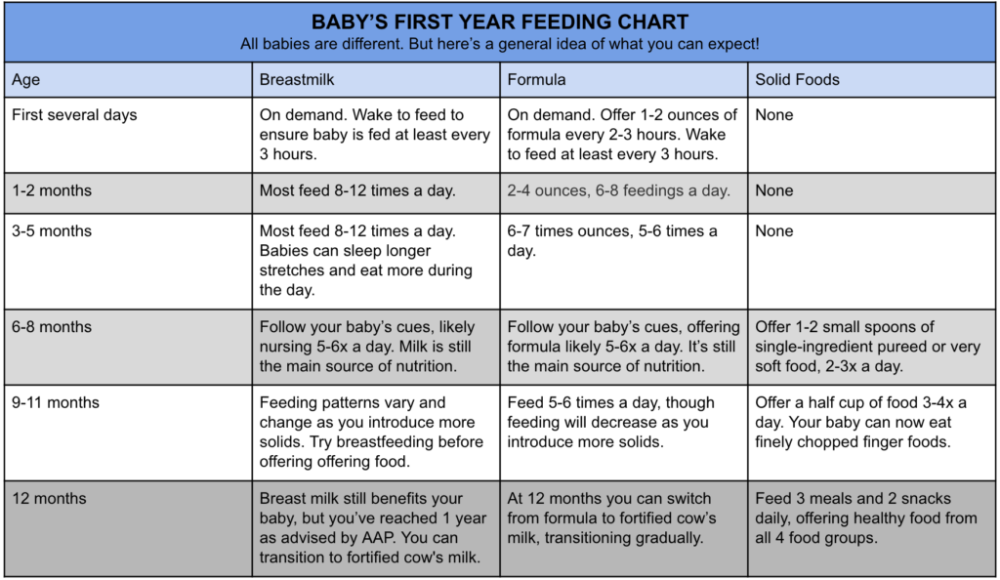 It's in theory. In practice, it is possible to adjust the feeding regimen and the amount of milk in accordance with the needs of your newborn in the first weeks of life if he was born full-term and healthy. It's even recommended. Thus, no one forces you to keep an eye on the clock hand. For example, if the child is sleeping, you do not need to wake him up, because "it's time." He will then make up for it in food. The main thing to watch, especially at the beginning, is the amount of milk that the baby eats for several days, and not one day. nine0005
It's in theory. In practice, it is possible to adjust the feeding regimen and the amount of milk in accordance with the needs of your newborn in the first weeks of life if he was born full-term and healthy. It's even recommended. Thus, no one forces you to keep an eye on the clock hand. For example, if the child is sleeping, you do not need to wake him up, because "it's time." He will then make up for it in food. The main thing to watch, especially at the beginning, is the amount of milk that the baby eats for several days, and not one day. nine0005 -
Your baby will develop as expected. All modern artificial mixtures are as close as possible in composition to breast milk: the baby receives all the vitamins, trace elements and nutrients necessary for harmonious development. And at the same time, the composition is constantly being improved: huge laboratories are constantly working on it. Various scientific studies, of course, regularly demonstrate the beneficial effects of mother's milk on the development of physical and intellectual abilities, but all indicators are interconnected with many other factors that make these developmental advances more or less significant.
